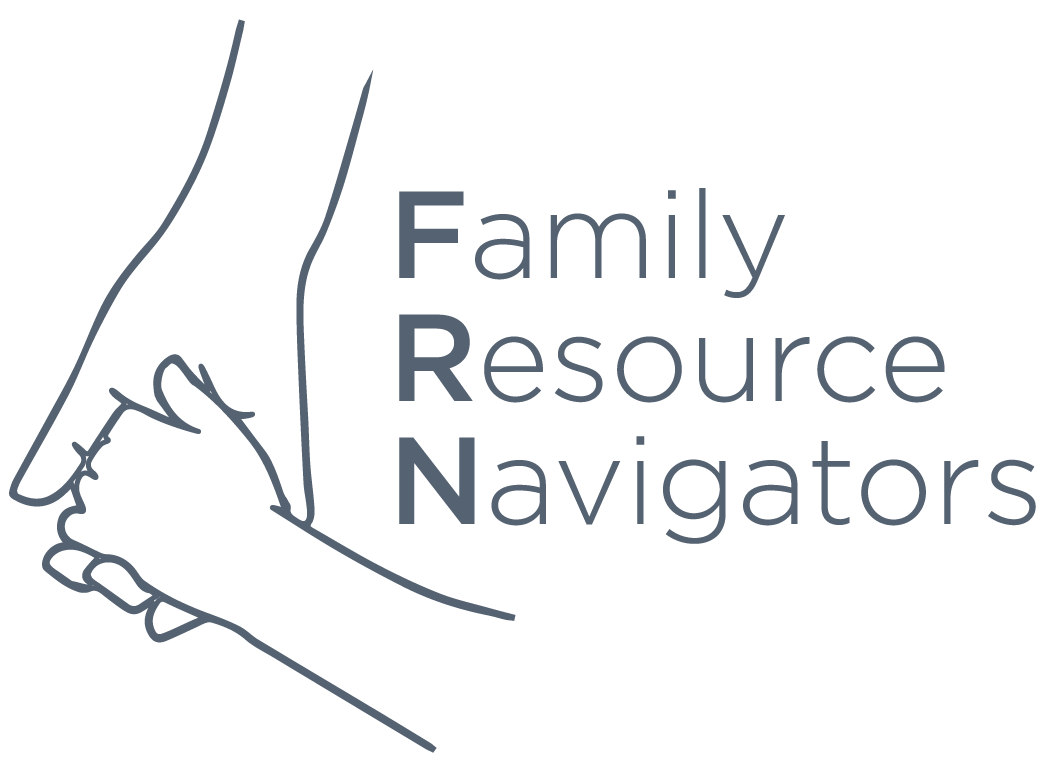As published by the California Health Report & Resolve Magazine, featuring FRN's Kausha King:
By Claudia Boyd-Barrett • Nov 9, 2020
"Black and Latinx children with disabilities in California face layered inequities in health and social care
Ever since her son, Landon, was born three years ago, Nakenya Allen has been fighting.
Fighting to get a diagnosis for the cause of Landon’s digestive problems, which landed him in the emergency room multiple times before he turned 18 months old. Fighting to get doctors to take her concerns about her son’s constant distress seriously. And, after he was diagnosed with a rare birth defect in his spinal cord, fighting with medical and disability service providers to get financial support for his care.
“I didn’t feel like I was being heard,” said Allen, 42, who is Black and lives in Martinez, in the Bay Area. “At the time, did I consider it a racist issue? I don’t think so because I was so serious about trying to help my son.
“I just knew that they weren’t helping us, and I was desperate. But looking back on that now, I do feel like there was a bias.”
Many parents of children with special health care needs — regardless of race — report struggling to receive prompt diagnoses and access to adequate therapy and support services. But for families of color, particularly those who are Black and Latinx, the struggle is more acute.
These families often grapple with biased attitudes from medical, service and education providers. Sometimes the bias is unconscious, but the net result is the same — poorer care than white families typically receive. Health systems also don’t often account for the impact of institutionalized racism on people of color – such as higher poverty rates, less access to jobs with flexible and paid time off to care for kids, and greater transportation challenges – and that lack of awareness can often exacerbate the inequities. Cultural and language barriers can make it hard for these parents to navigate California’s labyrinthine system for children with disabilities, advocates said.
“There’s just a lot of systemic racism,” said Kausha King, director of the Community Empowerment Project, a program that provides navigation support and training to Black families of children with special needs in Alameda and Contra Costa counties. “Systems are not technically set up to serve our families, and there are more and more Black families that are in need of these systems.”"
